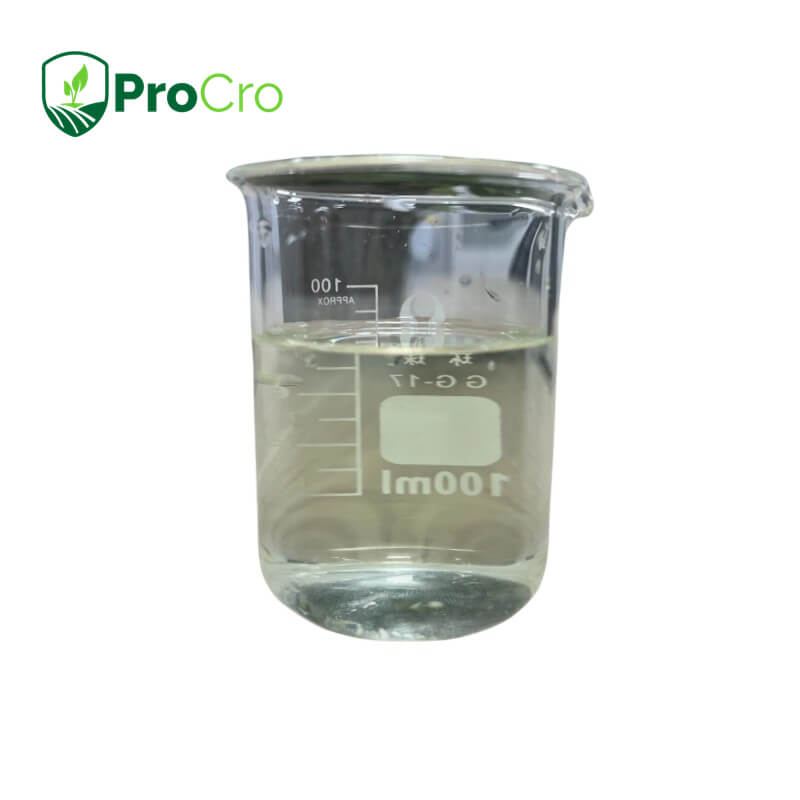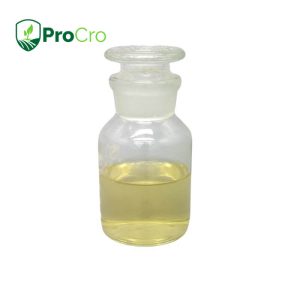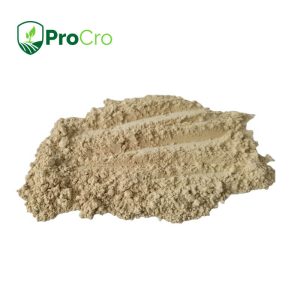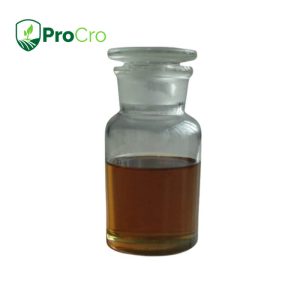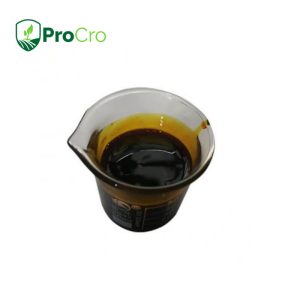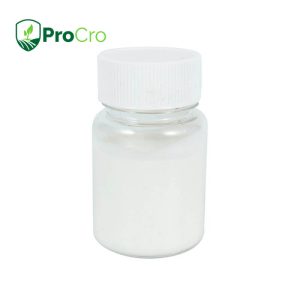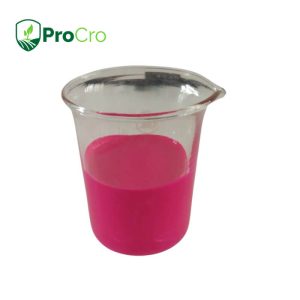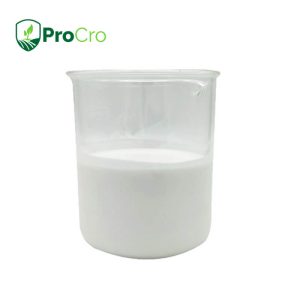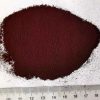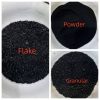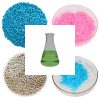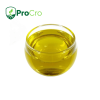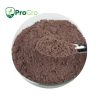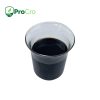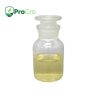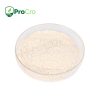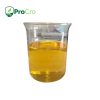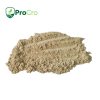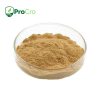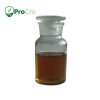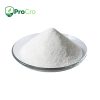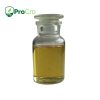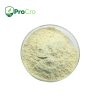Product Details of Diethyltoluamide
| Product name | Diethyltoluamide |
| Tech grade | 99%TC |
| Formulation | / |
| Molecular formula | C12H17NO |
| CAS No. | 134-62-3 |
| EINECS No. | 205-149-7 |
| Shelf life | 2 Years |
Application
DEET (N,N-Diethyl-meta-toluamide) is a widely used insect repellent, primarily found in products like mosquito sprays and floral waters. It can be directly applied to the skin to repel mosquitoes effectively. The mechanism of DEET involves inhibiting the electrophysiological response of mosquitoes to key components of human sweat, such as lactic acid and 1-octen-3-ol. This action masks or blocks the mosquitoes’ olfactory system, preventing them from recognizing suitable prey and thus helping to prevent bites. Additionally, DEET can be applied to the surface of clothing, providing repellent effects against various insects, including mosquitoes, ticks, fleas, mites, and leeches.

